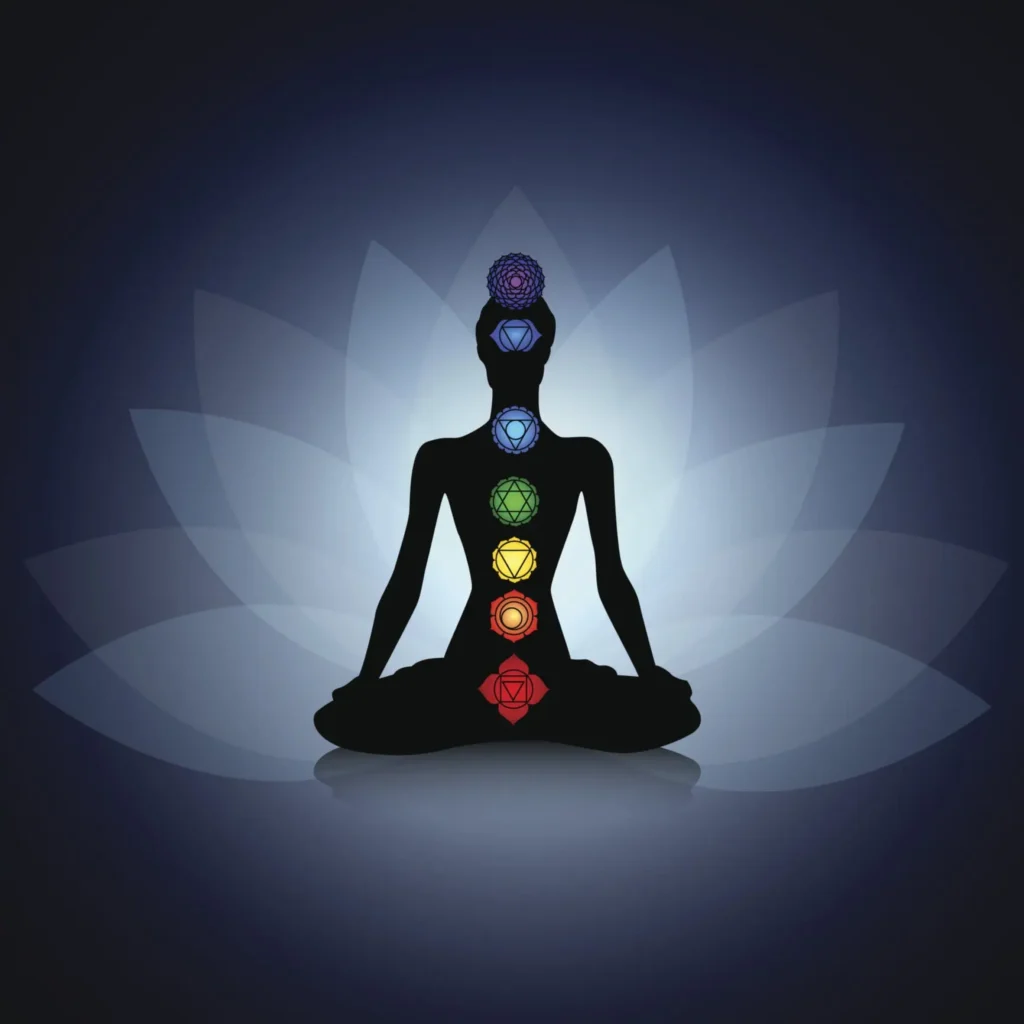Perhaps it is do with my Indian heritage but for me, the ancient Indian wellness traditions of yoga and Ayurveda do encourage to take a pause, slow down a little, mindfully observe and check-in on ourselves and explore the root of any health conditions we have and how we can use these ancient tools to heal. I have only recently started to learn about Ayurveda through completing a foundation introductory 40 hours teacher training course and that has inspired me to learn more of how this natural healing system could offer a holistic approach to health that integrates the body, mind, and spirit.
What is Ayurveda?
Ayurveda, derived from the Sanskrit words “Ayur” (life) and “Veda” (science or knowledge), literally means “the science of life.” This comprehensive system of health considers the unique constitution of each individual, aiming to maintain balance within the body and between the individual and their environment.
The Principles of Ayurveda
Ayurveda is based on the belief that health and wellness depend on a delicate balance between the mind, body, and spirit. Its main goal is to promote good health, not to fight disease. However, treatments may be geared toward specific health problems.
The Three Doshas: Vata, Pitta, and Kapha
Central to Ayurvedic philosophy are the three doshas: Vata, Pitta, and Kapha. These doshas are biological energies found throughout the human body and mind. They govern all physical and mental processes and provide every living being with an individual blueprint for health.
- Vata: Associated with air and space, Vata governs movement in the body, including blood circulation, breathing, and the heartbeat.
- Pitta: Linked with fire and water, Pitta controls digestion, metabolism, and energy production.
- Kapha: Connected to earth and water, Kapha is responsible for growth, lubrication, and fluid balance in the body.
Each person has a unique combination of these doshas, usually with one or two predominating. This individual constitution is known as “Prakriti.”
Ayurvedic Practices
Ayurveda offers a variety of practices to maintain health and balance, including diet, herbal remedies, exercise, meditation, breathing exercises, and physical therapies.
1. Diet and Nutrition
Diet is a an integral part of Ayurvedic living. Foods are classified by their qualities and effects on the doshas, and dietary recommendations are tailored to each individual’s physiology and biology as well as phycological state (of mind). Eating fresh, seasonal, and locally sourced foods is emphasized.
2. Herbal Medicine
Ayurveda uses a vast range of herbs and formulations designed to support health and treat various ailments. Each herb is chosen based on its healing properties and its ability to balance the doshas.
3. Yoga and Meditation
Yoga and meditation are integral parts of Ayurveda, promoting physical flexibility, mental clarity, and emotional stability. These practices help in harmonizing the mind-body connection and enhancing overall well-being.
4. Panchakarma
Panchakarma is a series of five therapeutic treatments intended to detoxify the body, strengthen the immune system, and restore balance. It includes practices such as massage, steam therapy, herbal enemas, nasal administration, and blood purification.
5. Daily Routines (Dinacharya)
Ayurveda recommends specific daily routines to maintain harmony. These routines include practices such as waking up early, mindful movement (yoga), meditation and healthy eating.
Ayurveda in Modern Times
In recent years, Ayurveda has gained global recognition as a complementary and alternative medicine system. Many people are turning to Ayurvedic principles and practices to manage stress, improve digestion, enhance sleep, and promote overall health.
Ayurveda is more than just a system of medicine; it is a philosophy and way of life that emphasizes the interconnectedness of all things. By understanding our unique constitution and how to maintain balance through diet, lifestyle, and natural therapies, we can achieve optimal health and well-being. My understanding is that Ayurveda does not intend to replace modern medicine but rather provide complementary tools which include diet, lifestyle choices and personalised natural treatments, to over the long term, prevent illnesses and promote better health.
The upcoming Ayurveda and Yoga retreat that I am hosting in Kerala at the end of September this year will not only enchant guests by the beauty of Kerala, the birthplace of these ancient traditions, it also invites people to experience the natural healing powers of Ayurveda together with Yoga. Admittedly, Ayurveda is quite new to me, but I am fascinated by the medicinal qualities of this tradition and want to learn more and to take others with me to receive the healing benefits of these complementary medicine for better health.
Date: 23 September to 30 September 2024
Details: Check the link to the itinerary in the Retreats section for more details.



